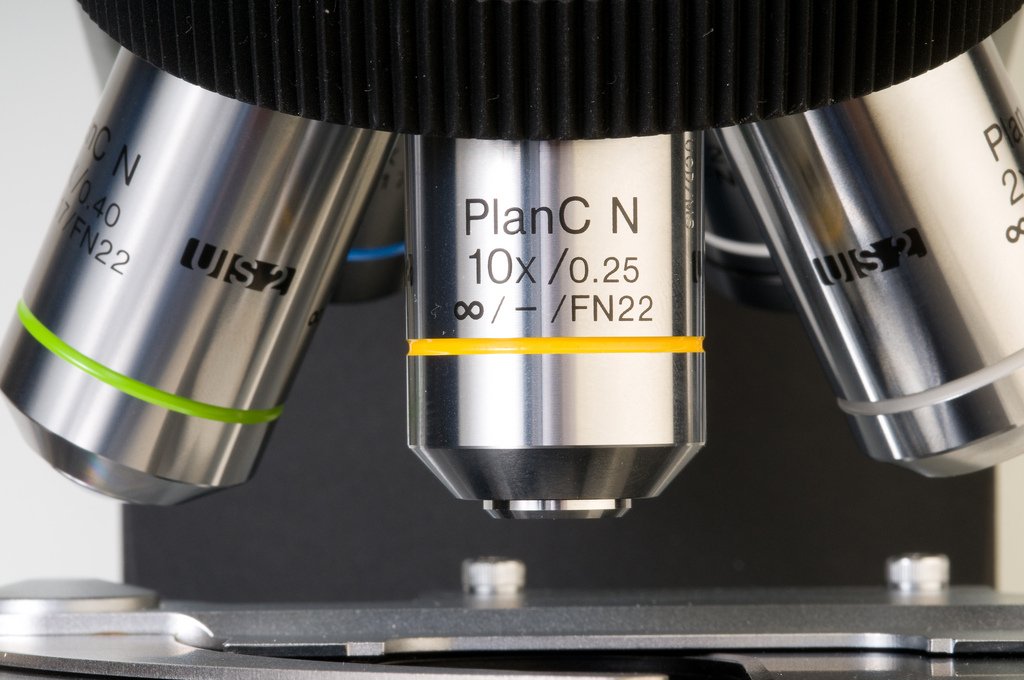 VSTP Program Overview
VSTP Program Overview
The Veterinary Scientist Training Program (VSTP) is designed to train the next generation of veterinary scientists at the nation's top-ranked School of Veterinary Medicine and College of Agriculture and Environmental Sciences along with the University's internationally-recognized strong programs in Biological Sciences, Biomedical Engineering, and Human Medicine. This website provides links to the varied opportunities that await our new students. UC Davis combines a rich pre-clinical and clinical training with a strong commitment to basic and translational research. Particular strengths include the One Health Institute, the California National Primate Research Center, the UC Davis Comprehensive Cancer Center, the Center for Neuroscience, the Biomedical Engineering Program, and the Western Human Nutrition Research Group. These research centers provide a tremendous wealth of talented investigators and infrastructure for cutting edge research in a wide variety of fields.
Our VSTP program hosts a number of student-centered activities, some of which are jointly organized with our medical school MD/Ph.D. program, to create a unique learning environment in comparative medicine. Our students are an integral part of this dynamic environment and promote the excellence of the program through their research, outreach, and student mentoring.
VSTP students may enter the program in DVM year 1 (V1), DVM year 2 (V2), or Ph.D. year 1 (Ph.D1). Once the first two years of professional school are complete, they transition to a Ph.D. program of their choosing, where they train to become veterinary-scientists in one or more of the following areas: (1) basic and translational biomedical research, especially those that cut across the animal-human boundary; (2) predicting and addressing ever-growing concerns about emergence and transmission of zoonotic and vector borne diseases, (3) identifying solutions that mitigate complex problems of food security and food safety, and (4) addressing environmental quality and its impacts on animal and human health and well-being. Upon submission of their dissertation, trainees transition back to professional school for DVM years three (V3) and four (V4). The average time to degree of all 43 VSTP trainees who have graduated from our program is 7.9 ± 1.7 years. VSTP students may pursue their Ph.D. in any basic biomedical graduate program offered on the Davis campus. During their graduate education, they have the opportunity to participate in professional development programs and various designated emphases, all while maintaining their clinical connection. More information on Ph.D. programs can be found here and on each program’s page.
